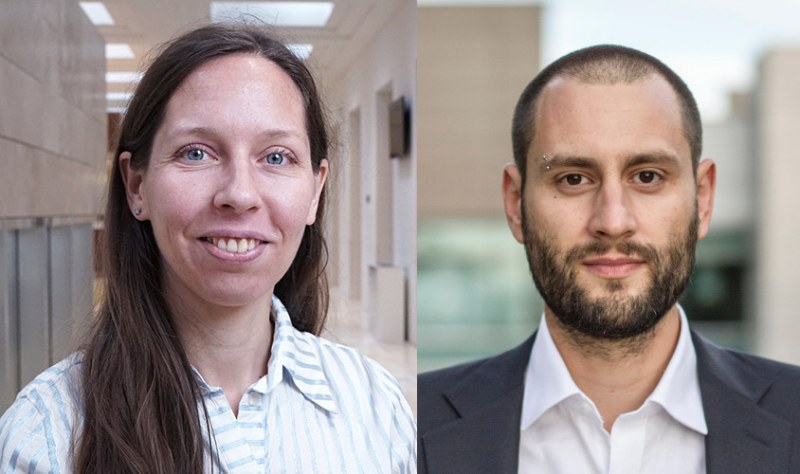Paper by alumni Anita Kopányi-Peuker and Matthias Weber accepted for The Review of Financial Studies
The paper ‘Experience Does Not Eliminate Bubbles: Experimental Evidence' by alumni Anita Kopányi-Peuker (CPB) and Matthias Weber (University of St. Gallen, Switzerland) has been accepted for publication in The Review of Financial Studies and is now online.

In this paper Kopányi-Peuker and Weber study bubble formation and investor experience. They show experimentally that bubbles keep occuring also with experienced investors if there are no cash constraints. This holds for markets with trade in the laboratory and when participants only form forecasts while trade is computerized. A model based on level-k reasoning provides good intuition for the results that bubbles don't disappear, but rather speed up with experience.
Abstract
We study the role of investor experience in the formation of asset price bubbles. We conduct a call market experiment in which participants trade assets with each other and a learning-to-forecast experiment in which participants only forecast future prices (while trade based on these forecasts is computerized). Each experiment comprises three treatments varying the information that participants receive about the fundamental value. Each experimental market is repeated three times. Throughout, we observe sizable bubbles that persist despite participant experience. Our findings in the call market experiment contrast with those in the literature. Our findings in the learning-to-forecast experiment are novel.
The working paper was previously published as a TI Discussion Paper (18-092/II).